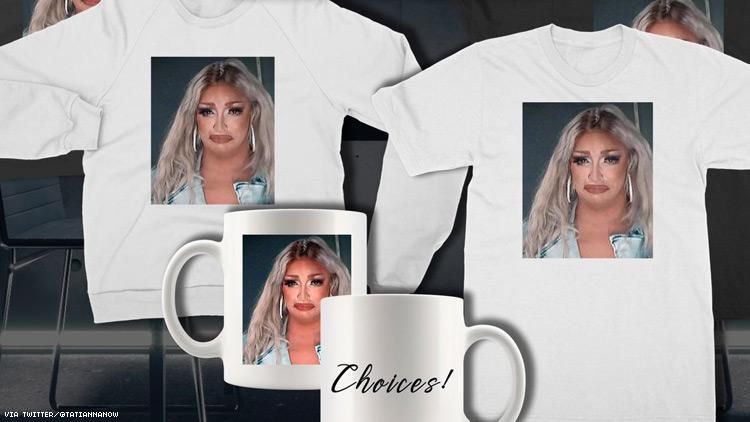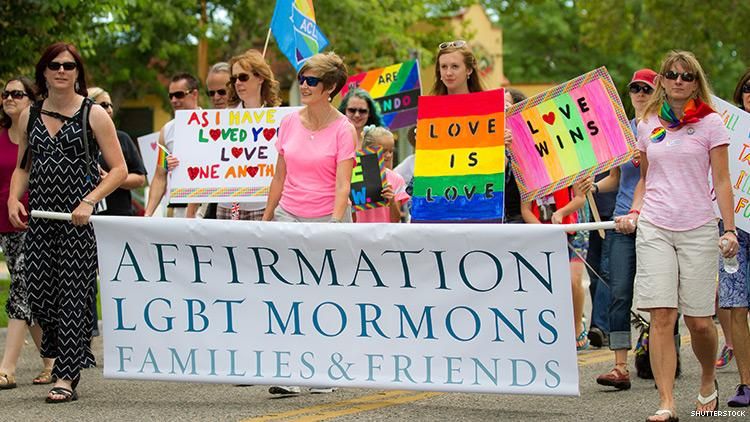Every year on the third Wednesday of October is International Pronouns Day. This year the annual volunteer-run event that “seeks to make respecting, sharing, and educating about personal pronouns commonplace” falls on October 16th. This is the second year that this day is being celebrated by people around the world and by several supporting organizations including The National Center for Transgender Equality and The Trevor Project. The day was founded by Shige Sakurai, a student at the University of Maryland. They also created the website “MyPronouns.org” that provides free resources about pronouns.
Pronouns are how people refer to one another and how we talk about others. This event is focusing on third-person personal pronouns such as he, she, they, and ze. It is one of the main ways we identify people besides their name. Using the correct pronouns is a sign of respect. Pronouns are not assigned to gender and everyone deserves to be able to use the pronouns that they connect with.
Happy #PronounsDay! What are your pronouns? Drop them below.
— GLAAD (@glaad) October 16, 2019
My pronouns are they, them, theirs and they are important to me because they are a part of me that will never go away. I remember my first time hearing someone use they/them pronouns for themself. It was a teacher during my tenth-grade year. I previously did not know that those pronouns were even an option. I felt like someone was finally telling me about a part of myself I didn’t know existed. The only way I can describe it was that I felt full. I felt whole, giddy from this new possibility. I then introduced myself to them using they/them pronouns and it was like introducing myself as me for the first time.
Using my pronouns is a small way to express my identity and when people use them, it leaves a huge impact on me. The people that use my pronouns are the ones that make me feel like I matter most. One way that people can make a difference to me is by introducing themselves with their pronouns. This is how it all started for me and it is often how I feel comfortable sharing my pronouns. When people do this, I feel more welcomed and like I matter to this person. This also opens the space for me to introduce myself.
Check out the perspectives of 5 other GLAAD Campus Ambassadors about why pronouns are important to them.
Somaya Gupta, New York
All Pronouns

Pronouns are important to me as a gender-fluid person because they make me feel seen. When I tell people I use any pronouns, they usually default to she/her because that’s what they feel most comfortable referring to me with since I come across as a cisgender woman. I’m okay with she/her pronouns, but whenever people refer to me with other pronouns it feels like they’re saying “I see and respect your identity.” Even though there is no one way to be genderqueer, I often feel like my gender isn’t queer enough. I feel a sense of validation from people using different pronouns with me. It also feels so welcoming whenever you enter a new space and people introduce themselves with both their names and pronouns. It’s especially important for cisgender people to take the initiative to set this standard in spaces because as people under the trans umbrella, we don’t always know if it’s safe for us to do.
Morg Hand, New York
They/Them Pronouns

I think that pronouns are important because they allow the person to feel comfortable, seen, and validated within a space. Pronouns also serve as an extension of one’s name and, therefore, a person’s identity. This means that the correct use and recognition of one’s pronouns are linked directly to recognition of their core identity.
Jacob Meade, Texas
He/Him, She/Her, and They/Them Pronouns

Since I do use multiple pronouns, most people would assume that I don’t really care what I get called, or even worse, they think my gender identity is not valid. However, my pronouns are important because it allows people to know that I am queer and I am visible. To me, pronouns let people know that although I should be treated the same, I have had different experiences in my life that have come from people’s different responses to my gender identity. If you are choosing to call me by my preferred pronouns when I am presenting more towards certain spectra of masc or fem, I know that you see me and respect me, and I feel safe around you.
Alex Nguyen, Colorado
They/Them and He/Him Pronouns

For me, normalizing pronoun use is key to making everyday life for trans people safe. I hear pronouns regularly being shared in queer and trans spaces, but pronouns are important for everyone to use. They are especially important for cisgender allies when trans people aren’t around. As someone who’s nonbinary, I feel betrayed and isolated when people fail to use my pronouns, but there are many other trans people who feel dysphoric and singled out when cisgender allies only use pronouns because they know a trans person is present. Other trans people may not feel comfortable either misgendering themselves to stay safe, or outing themselves to others they don’t feel safe around. If everyone normalized pronouns, from using pronouns in their professional lives to deconstructing harmful narratives around what pronouns get to be used by people of certain genders, the world would be much safer for all of us.
Sarah Ondak, California
They/Them Pronouns

Pronouns to me are like a hug, or a squeeze on my shoulder, something that says, “I see you for who you are in your entirety, and I love you for it.” When I’m misgendered, it’s a stab at my heart. That sounds dramatic, but there’s no easy way to describe the whirlwind of disappointment, anger, and sadness that courses through me. But when people use my correct pronouns it means that on some level, they respect my experience and they recognize this essential aspect of who I am.

Regardless of what pronouns you use, take the time to learn about pronoun usage and how to support others. Happy International Pronouns Day!
 Athena Schwartz is a GLAAD Campus Ambassador and second year at University of Utah studying health and education. Athena is a member of Kappa Kappa Gamma Delta Eta chapter and a part of their campus It’s On Us campaign.
Athena Schwartz is a GLAAD Campus Ambassador and second year at University of Utah studying health and education. Athena is a member of Kappa Kappa Gamma Delta Eta chapter and a part of their campus It’s On Us campaign.












 Athena Schwartz is a GLAAD Campus Ambassador and second year at University of Utah studying health and education. Athena is a member of Kappa Kappa Gamma Delta Eta chapter and a part of their campus It’s On Us campaign.
Athena Schwartz is a GLAAD Campus Ambassador and second year at University of Utah studying health and education. Athena is a member of Kappa Kappa Gamma Delta Eta chapter and a part of their campus It’s On Us campaign.



